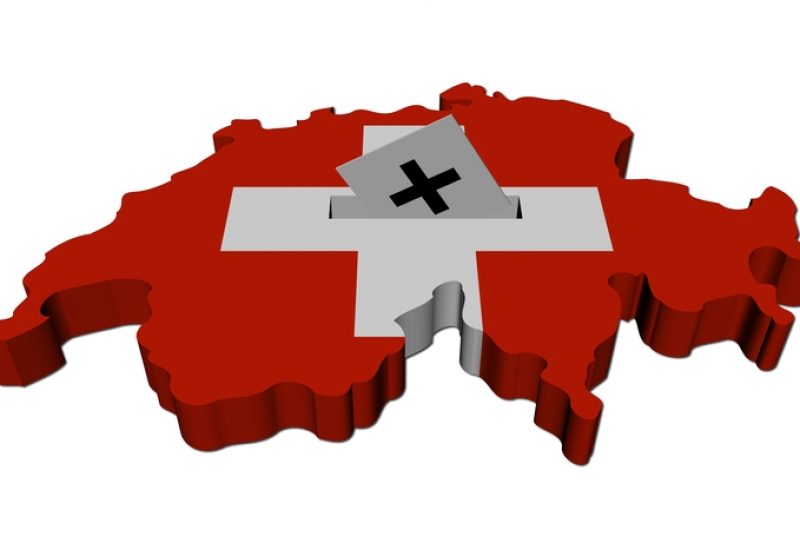- December 15, 2015
- 10:22 am
- Constitutional Change
by Prof. Dr. Vladan Kutlesic, Belgrade Bussines School.
Through a comparative analysis of states’ official designations and the contents of 193 current constitutions in relation to states’ markings it has been determined which characteristics and features are attributed to a state in its constitution, i.e. what modern states are like, according to what is written in their designations and provisions.









